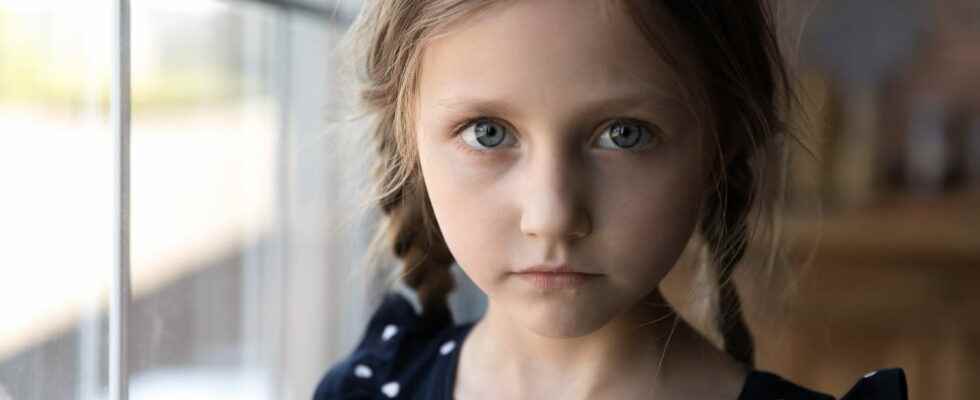To assess the well-being of children aged 3 to 11, Santé Publique France, with the support of the Ministries of Health and Education, is launching a field survey to measure the physical and especially mental health of young children. . 30,000 children will thus be questioned.
What is the Enabee study?
From May 2, 2022 and until June, is launched the Enabee study, which aims to measure the well-being of children aged 3 to 11 in France. Driven by Public Health France, it will take concrete form through questionnaires, carried out in 600 public or private schools under contract, throughout the territory. Thereby, 30,000 students, and perhaps your child, will take part in this study. Randomly drawn, from the youngest in the small kindergarten section to the oldest in elementary school, in CM2, will be asked to inquire about their emotional state, their quality of life and their physical, mental and emotional development. Thus, the Enabee study will focus in particular on mood disorders, anxiety, phobias and children’s emotions, as well as possible learning disabilities.
From CP, children will complete self-questionnaires, during class time. Each session will be led by a speaker authorized by Ipsos, and will last 1h30. Adults who wish to complete their children’s answers and also participate in the study will have to answer a specific half-hour questionnaire, by telephone or on the Internet. The success of the pilot survey, conducted last January among 1,800 children, had aroused massive enthusiasm on the part of contributors, including school officials, teachers and children.
The Covid health crisis in question?
Collateral damage of covid two years after the start of the health crisis, children, including toddlers, are still suffering the trauma. In order to objectively apprehend the springs and the impacts, authorized investigators will therefore crisscross the schools of France, to meet the children. With the idea of setting up monitoring and prevention strategies, they will collect their precious testimonies as well as those of the teachers. Parents are not left out either, since, on a voluntary basis, adults living daily with an interviewed child will be able to answer a 30-minute questionnaire.
If the results of this study remain anonymous, their analysis aims to highlight a new axis of care for children: that of their mental health. “The health crisis has impacted the mental health of the youngest and has shown the need for actions for care and prevention based on robust data. says Geneviève Chêne, Director General of Public Health France. In the short term, it is first a question of filling the gaps around the detection and the accompaniment of children in distress. In the medium and long term, the challenge of this study is to bring them serenely into adolescence and adult life.
